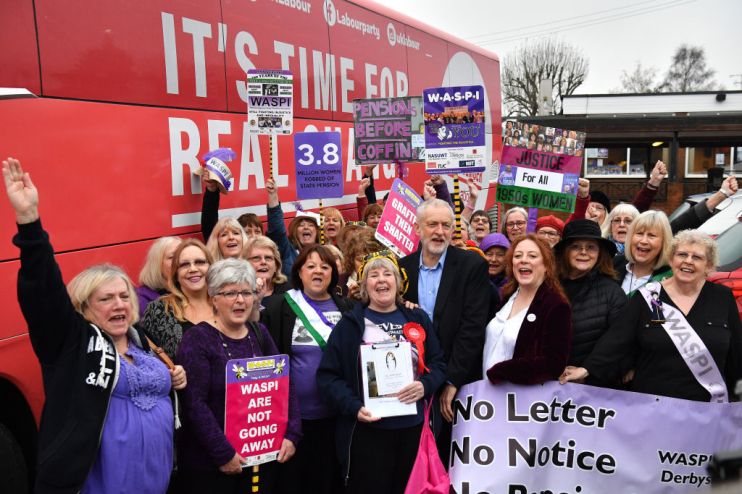DEBATE: Is it viable to pay compensation to the 1950s-born women who lost out on their state pension?

Is it viable to pay compensation to the 1950s-born women who lost out on their state pension, as Labour has proposed?
YES, says Debbie de Spon, communications director for Women Against State Pension Inequality (WASPI).
1950s-born women are suffering severe injustice because of successive governments’ mismanagement of changes to the state pension age. This issue goes beyond the question of viability; it is one of fairness and trust.
Increases in the state pension age have had a devastating impact on many of these women. They are now seeking work in an employment market that is not ready to accept them, forced to take jobs that are inappropriate for their health, reliant on dwindling savings, or dependant on husbands, partners, or the state to support them if they are unable to work.
These women are a significant part of the electorate and have the potential to make a key contribution to the economy. However, this is not just about the money. This is about the fundamental trust between the government and ordinary people.
The lack of communication from successive governments to the women affected broke trust that had existed for generations. Women impacted by these changes are suffering now, and a solution must be imminent.
NO, says Morgan Schondelmeier, the Adam Smith Institute’s head of development.
There is no doubt that the 1995 pension reforms had a disproportionate impact on one specific cohort, as millions of women born in the 1950s saw their retirement plans upended. However, one can be sympathetic to their plight while remembering that critical reform will always have some casualties.
Pensions reform is a crucial step towards addressing rising welfare spending. As it stands, pensions amount to almost half of welfare spending in the UK, with old-age pensions accounting for £111bn a year. This will only increase as the UK population ages, perpetuating intergenerational inequality.
Supporting elderly citizens is an integral part of a compassionate society, but we need to be honest about the costs and sustainability of the system.
It is possible that more reform will be needed, and additional cohorts may face similar issues as the 1950s women.
But it isn’t viable to transfer billions of taxpayer pounds to one cohort and risk destabilising the system as a whole.
Main image credit: Getty